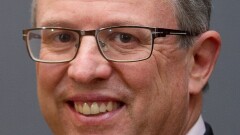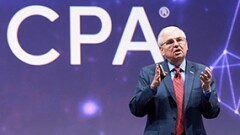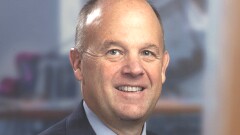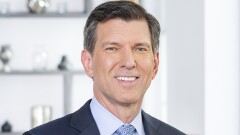Ensuring the profession’s relevance is top of mind for accounting’s leaders, especially in an unprecedented year.
As part of this year’s Top 100 Most Influential People survey, Accounting Today asked, “What is the most important issue currently facing the accounting profession?”
Many of the same challenges and forces of disruption that have steered the profession over the last few years remain, with 2020 intensifying the need for action on several. This year’s Top 100 mentioned technology and remote working capabilities, diversity and inclusion efforts, and new client service models, among other areas needing improvement.
(To see the full responses of all the candidates for the Top 100, click





















